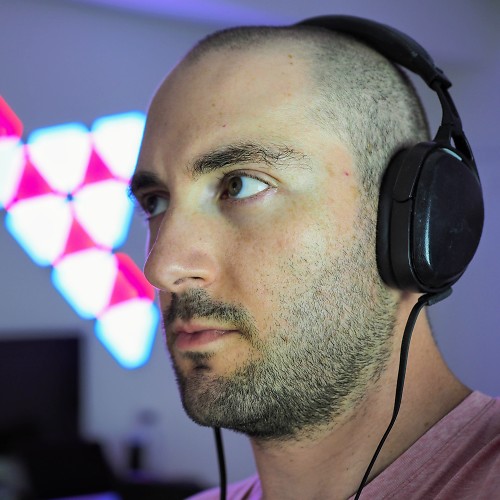Student and the CEO: The Swift rise of a WWDC prodigy
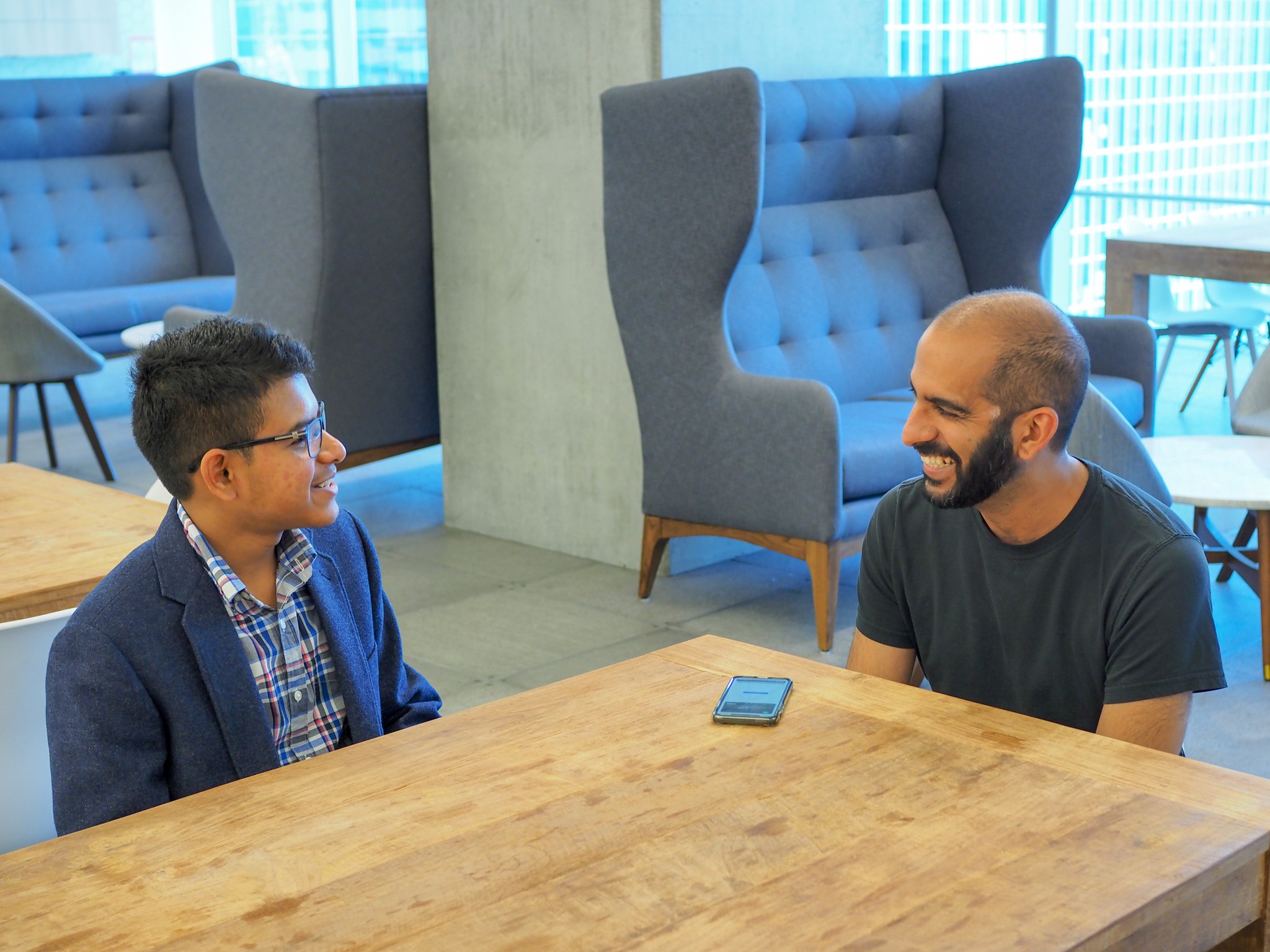
When I asked Yashvardhan Mulki what he did on his iPhone for fun — in between a full slate of high school classes, after-school club memberships, and building iOS apps in his spare time — he told me he reads the news. "No games?" I asked him. "No," he said. He downloaded Mario Run and played it a bit, but spends what little free time he has in apps like Nuzzel and Google News brushing up on politics.
I was already pretty impressed with this young man, who taught himself Apple's Swift programming language at age 11 by watching YouTube videos, and published his first app, a Canadian elections assistant (under his father's name, because remember, he's only 15), in May. But this just sealed it for me — Yashvardhan, or Yash, as he prefers to be called, is going places.
In the short term, Yash is also going places. A place, in particular. This weekend, he leaves for San Jose and his second Worldwide Developers Conference (WWDC), where he once again hopes to sit in on sessions, speak with the Apple geniuses (small "g") in charge of iOS's myriad frameworks, and bask in the glow of the most inclusive, welcoming, and pumped developer community in the world.
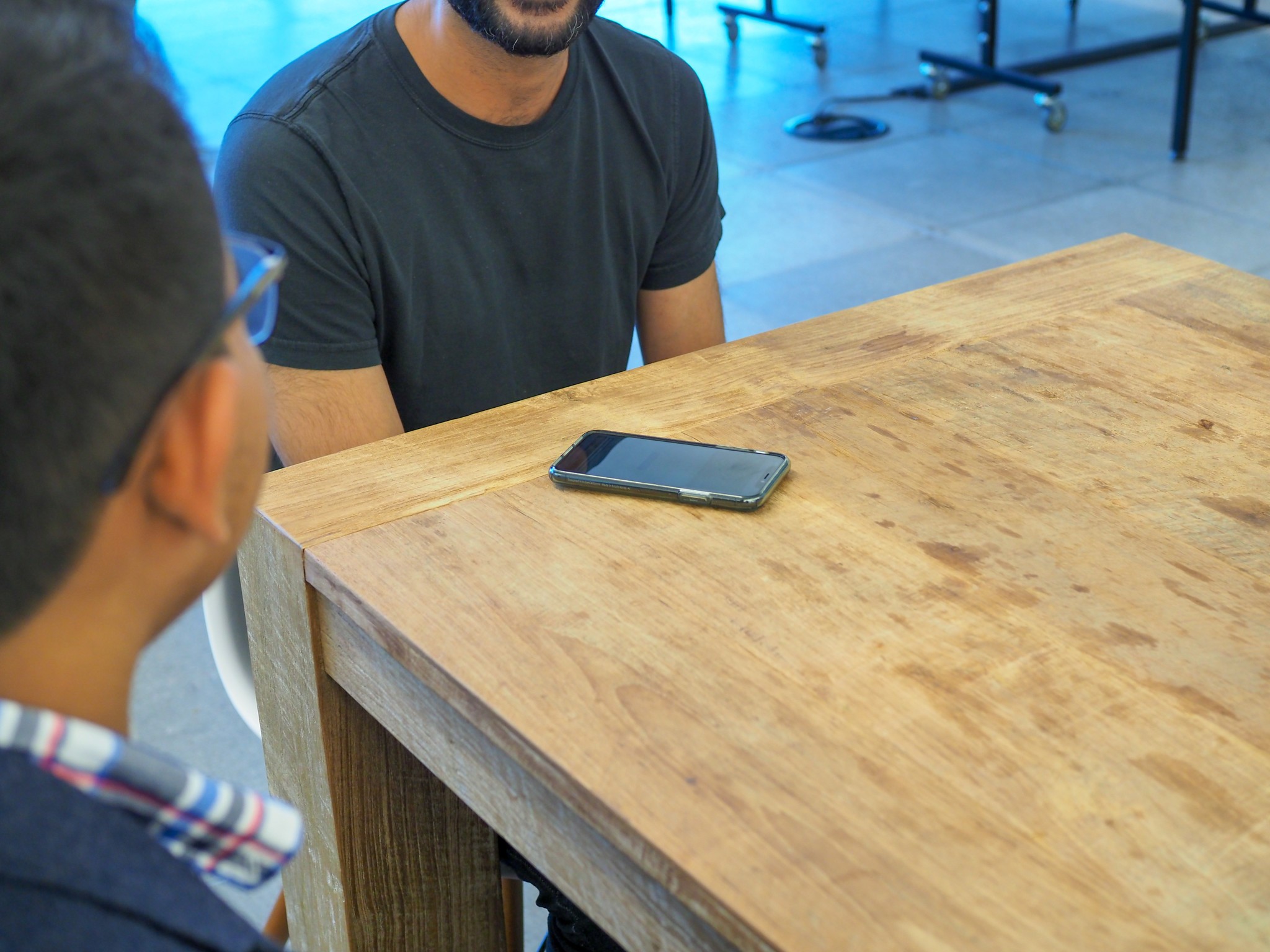
Prior to his leaving for California, I got to sit with Yash, who wants to be an entrepreneur when he grows up — at 15, he's already more mature than most adults I know — as he interviewed another giant in Canadian business, Ali Asaria, in downtown Toronto. You may not know Asaria's name, but you definitely know his work — especially if, prior to buying your iPhone you were a CrackBerry addict. Asaria graduated from the University of Waterloo with a degree in Computer Science, and while there he got a job at BlackBerry (née RIM), where he worked on making the software run smoothly on what was then very rudimentary phone hardware. He was the youngest person in the company at the time to be awarded a patent.
If Yash represents the future of this planet, I think we'll be OK.
But Asaria aspired to greater things than merely making phone software run more smoothly, so in his spare time he taught himself how to code (sound familiar?) and built what is arguably the second most famous mobile game ever: Brick Breaker. It ended up on over 100 million BlackBerry phones and inspired years of clones. Between 2006 and today, Asaria founded Well.ca, one of Canada's largest e-commerce stores focusing on health, wellness, and baby products, and Tulip, which since its inception in 2013 has become one of the most interesting and disruptive companies in the retail space.
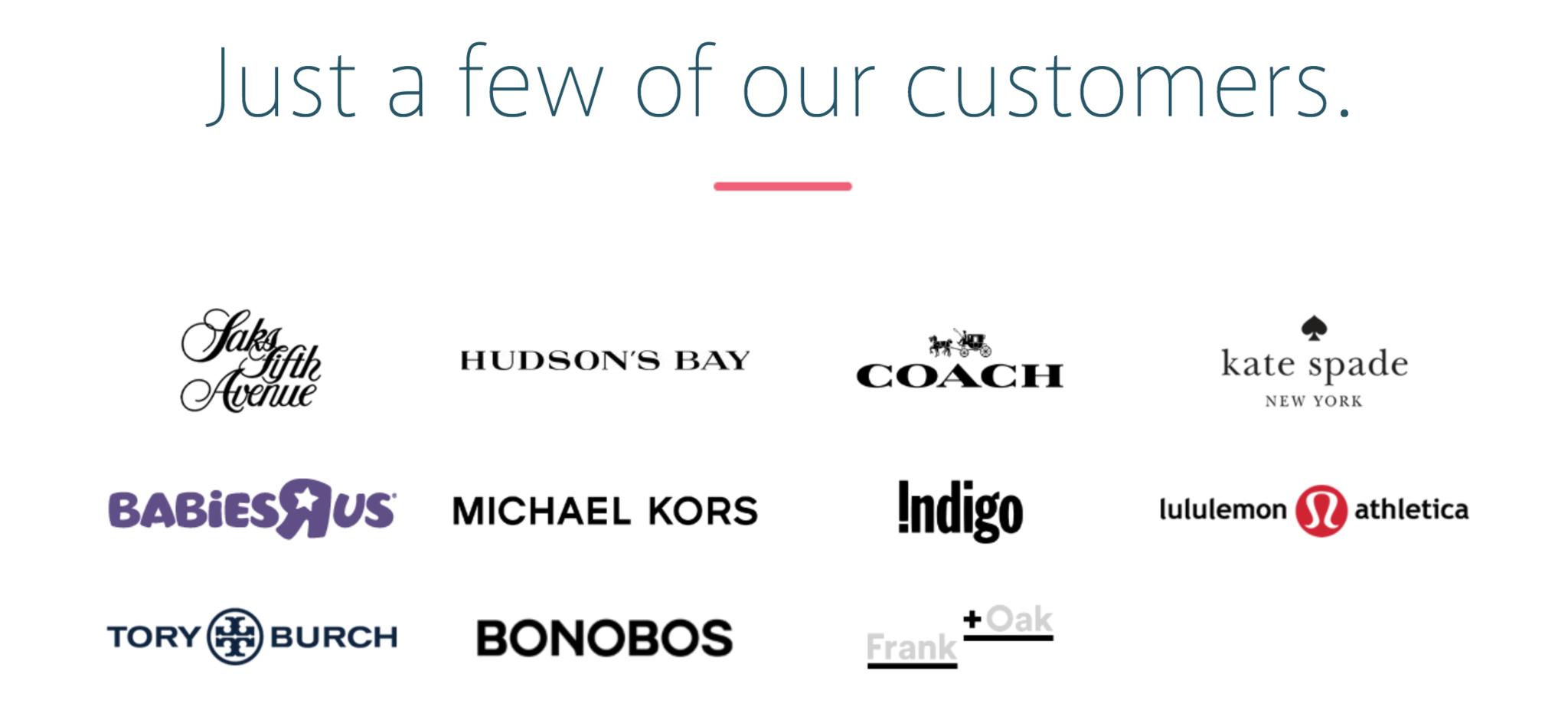
So when Yash and I took the elevator to the 15th floor of one of Toronto's newest office buildings, Lake Ontario to the south and glass towers north, east, and west, he was taking an important step to becoming a bit more like Asaria, who's agreed to mentor Yash as he looks to build the great next set of iOS experiences. When Asaria founded Tulip, he went all-in on iOS, building a set of tools for iPhone and iPad that allows retailers to work with their customers on a much more personal and rewarding level. Tulip's clients are some of the big names in high retail, too: Hudson's Bay and Saks Fifth Avenue, Coach, Indigo, Kate Spade, Michael Kors, Tory Burch, Lululemon.
When I asked Asaria why he decided to invest in iOS for his Tulip platform, he was direct: it was the only ecosystem that could deliver, through the marriage of hardware and software, the kinds of high-quality experiences his clients expect. I asked Yash the same thing — why iOS development? He said it's because he respects Apple's approach to building products, and he has enormous respect and admiration for Steve Jobs.
Master your iPhone in minutes
iMore offers spot-on advice and guidance from our team of experts, with decades of Apple device experience to lean on. Learn more with iMore!
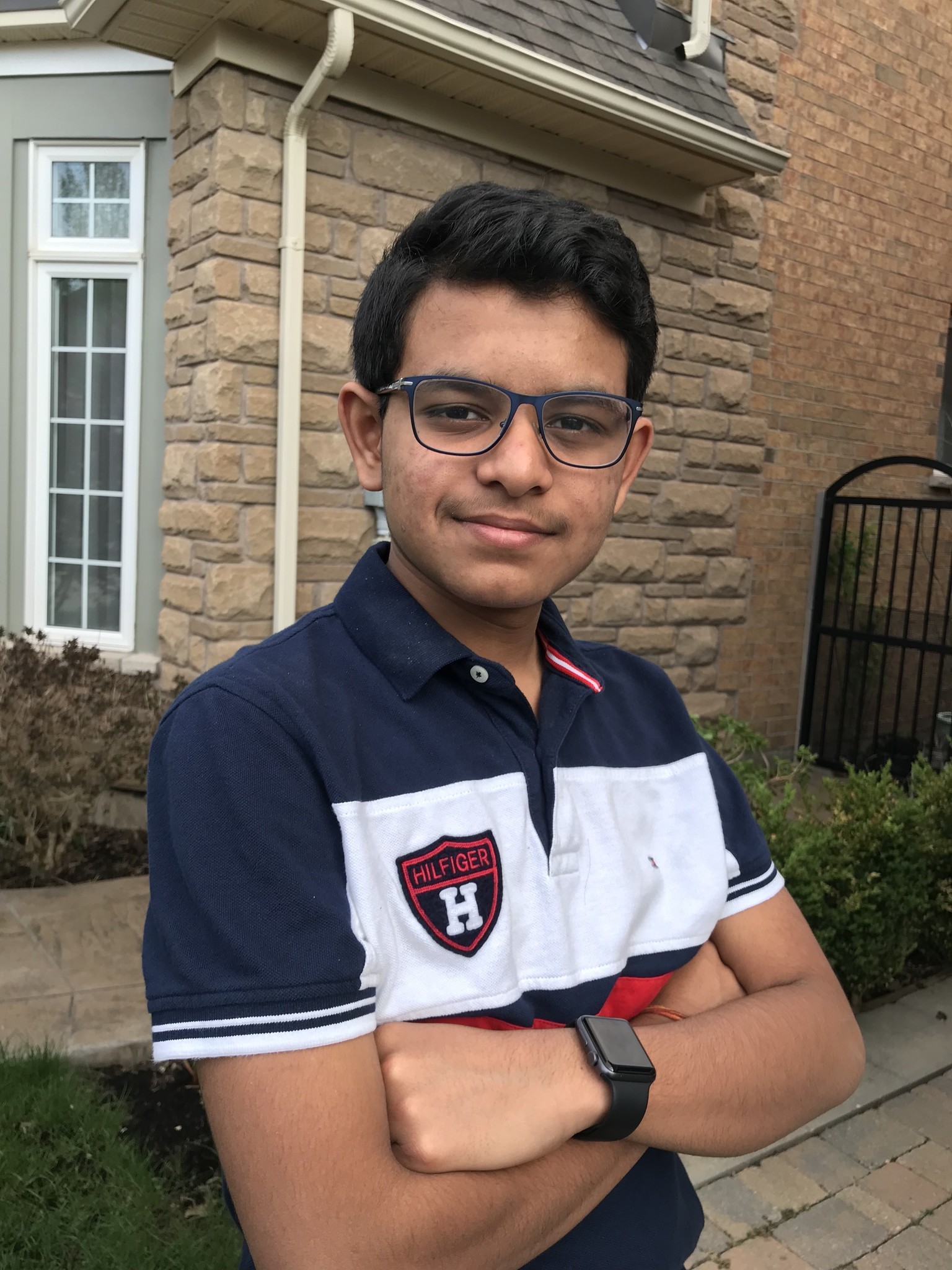
During the brief session, I watched as Yash interviewed Asaria, poised and articulate despite the awesomeness of the situation. "What are your biggest challenges as an entrepreneur?" he asked. "Do you think students should be required to take computer science courses in school?" "Why is it so much more difficult for Canadian entrepreneurs to raise money than their U.S. counterparts?" For a teenager a couple years from graduating high school, and who's leaving for California to be whisked around by Apple as part of the WWDC Scholarships{.nofollow} program, he seemed genuinely comfortable, like he knew this was the logical step to take before embarking on something bigger.
A lot of WWDC coverage is about Apple's announcements, and how they will affect the big names in development. But for many developers, it's less about the things Apple says than about the people they get to see, and the experiences they get to have as a community. For Yash, who at 15 will soon be a Dub Dub veteran, going into the conference knowing that he has someone like Asaria to call on — someone who's been where he is — is a nice bit of comfort to have in his back pocket.
WWDC 2018 Preview: What to expect from Apple's biggest show of the year!
Daniel Bader is a Senior Editor at iMore, offering his Canadian analysis on Apple and its awesome products. In addition to writing and producing, Daniel regularly appears on Canadian networks CBC and CTV as a technology analyst.
